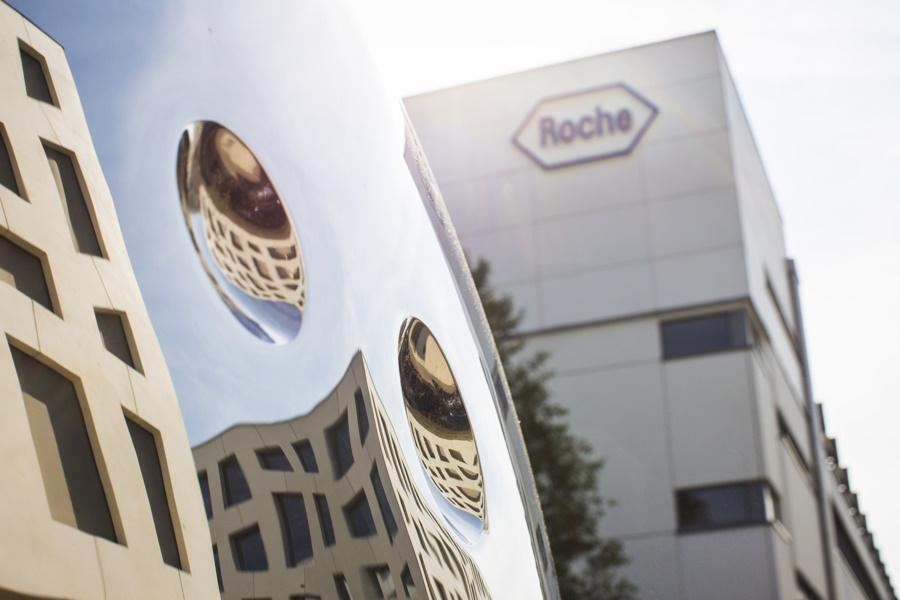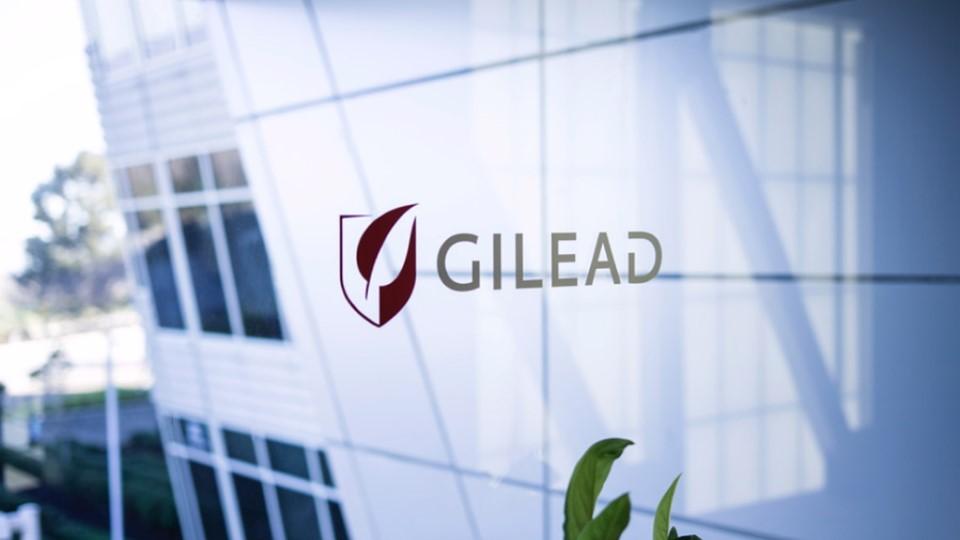ASCO: TIGIT returns with Roche, Gilead data

A year ago, enthusiasm for a new generation of cancer immunotherapies targeting TIGIT started to wane, after Roche’s tiragolumab was hit by two failed studies in lung cancer.
Fast forward to this year’s ASCO congress, and it seems TIGIT may be starting to bounce back. Roche has reported encouraging phase 1b/2 results with tiragolumab plus its PD-L1 inhibitor Tecentriq (atezolizumab) in hepatocellular carcinoma (HCC) – the most common form of liver cancer – and has now set its sights on a pivotal programme.
Meanwhile, Gilead and Arcus has unveiled new data from a phase 2 study of their drug domvanalimab plus experimental PD-1 inhibitor zimberelimab as a first-line therapy for non-small cell lung cancer (NSCLC) that also points to efficacy when drugs targeting the two immune checkpoints are used in combination.
In the 58-patient MORPHEUS-Liver trial, Roche’s TIGIT was added to standard first-line treatment with Tecentriq and bevacizumab for unresectable, locally advanced, or metastatic HCC, improving the objective response rate (ORR) from 11.1% in the control group to 42.5%. All of the responses were partial.
Median progression-free survival (PFS) was also longer for the tiragolumab arm at 11.1 months compared to 4.2 months with Tecentriq and bevacizumab alone, with both ORR and PFS results comparable across the range of PD-L1 biomarker levels.
There was one issue with the study, namely that patients in the control group performed more poorly than expected. To tackle that, Roche used some number-crunching to generate a comparable control group from its IMbrave-150 trial, which underpinned the approval of Tecentriq/bevacizumab for previously-untreated HCC.
Using this model, there was still a significant 28% improvement in median PFS when tiragolumab was added into the mix, according to the analysis.
“The responses occurred very quickly and, for those patients who respond, the responses appear to be very durable,” MORPHEUS-Liver investigator Richard Finn of the University of California, Los Angeles told ASCO. The addition of tiragolumab was also reasonably well tolerated, although there were more instances of rash compared to the control group.
Armed with the new data, Roche has decided to start a phase 3 trial comparing a tiragolumab, Tecentriq, and bevacizumab triplet to Tecentriq/bevacizumab in this patient setting in the coming months. Called IMbrave152/SKYSCRAPER-14, the study will use PFS and overall survival as dual primary endpoints.
Shortly beforehand, Gilead and Arcus’ presented updated results from their ARC-7 trial, showcasing what they said was a “clinically meaningful” 33% reduction in PFS for domvanalimab/zimberelimab versus zimberelimab alone in previously-untreated NSCLC patients with PD-L1 levels of 50% or greater and no EGRF or ALK mutations.
The study also showed that a triplet of domvanalimab, zimberelimab, and an experimental adenosine A2a/b receptor antagonist reduced PFS by 33%. However, there was one slightly worrying observation; namely, that the PFS improvement with the doublet had narrowed compared to an earlier readout from ARC-7 last year.
Lead investigator Melissa Johnson of the Sarah Cannon Research Institute told ASCO that the PFS curves “showed early separation of both domvanalimab-containing arms from the zimberelimab arm, which was consistently maintained, and supports the potential therapeutic benefit of inhibiting the TIGIT pathway.”
“I was also encouraged by the consistency of meaningful improvements across other outcome measures for the domvanalimab-containing arms,” she added.
ORR was 40% for the doublet, 44% for the triplet, and 30% for the control group, and there were two complete responses, one with zimberelimab monotherapy and another with domvanalimab/zimberelimab.
Gilead is currently running four pivotal trials with its TIGIT drug in NSCLC and upper GI cancers, led by ARC-10, which is due to generate results in a similar NSCLC patient population next year.













